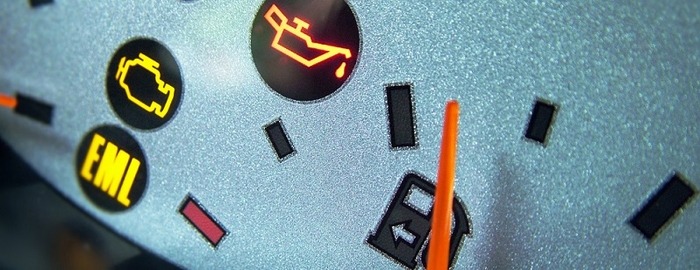How many miles can your car really do on a full tank?

The following article was published in Which? on 23 April 2015. Author: Emmanuelle Bomo
Like many motorists you probably have a good idea of how many miles your car can do on a full tank of petrol. But do you know if it is anywhere near what the manufacturer claims?
Car fuel dial
When I bought my car, I wanted a reasonably priced vehicle, that was small and easy to park, and not too expensive to run. I chose a Peugeot 107, with an advertised 508 miles on a full tank of petrol. But after a few months I noticed I never managed to get near that – the closest I ever got was 330 miles.
Obviously I didn’t drive until the tank was completely empty so it could have done a few more miles, but that’s still quite a difference between the real and claimed figures.
New Which? research put 200 cars through the same test and found that 98% couldn’t match or beat their miles per gallon (mpg) claim. The car that performed worst compared to its official mpg figure was the Mitsubishi Outlander PHEV (a plug-in hybrid), which overstated its mpg by 120%, costing £459 a year in unexpected fuel costs.
Other studies have shown that the gap between official test results and how we drive in the real world has increased over the past years, so the problem could be getting worse. But why is this happening?
Why fuel claims aren’t accurate
The problem lies with Europe-wide test used to measure fuel use, the New European Driving Cycle (NEDC).
The test is called ‘new’ but it was introduced in 1970 and last updated in 2007. It’s outdated and doesn’t properly measure the kind of driving we do today, for example on motorways.
It also contains a number of loopholes. Manufacturers can, for example, opt to switch off air con and lights when testing, or increase tyre pressure above recommended levels. And as there is no standard way of testing, this means that you can’t make a proper comparison between different cars.
Many of you have already told us you knew the claims were misleading. Malcom R told us in 2013: ‘EU fuel consumption figures do not represent real-life, and are not intended to.’ Vynor Hill said: ‘Manufacturers’ claims are of no use to anyone.’
It seems unfair that a product that isn’t meeting its claimed performance doesn’t suffer any consequences and consumers just have to bear the brunt of it, or do their own research.
Steering in the right direction
A new and improved fuel efficiency test that would address many of the current one’s weaknesses is due to be introduced in 2017 by the European Commission (EC). This actually closely mirrors our own test and more accurately estimates fuel use.
But some factions are trying to stall the introduction of the new test to delay it to 2020. That would be another five years of useless fuel claims.
We don’t think this is right, and are urging the EC to stick to the planned timing, so that you won’t be taken for a ride any longer.


